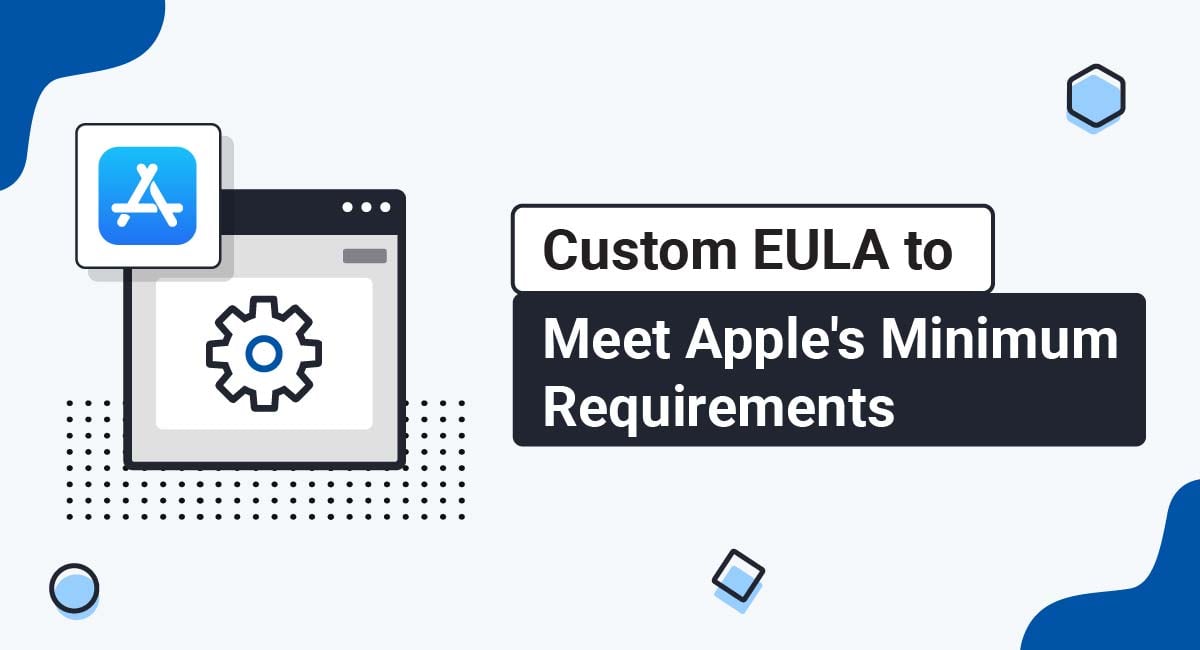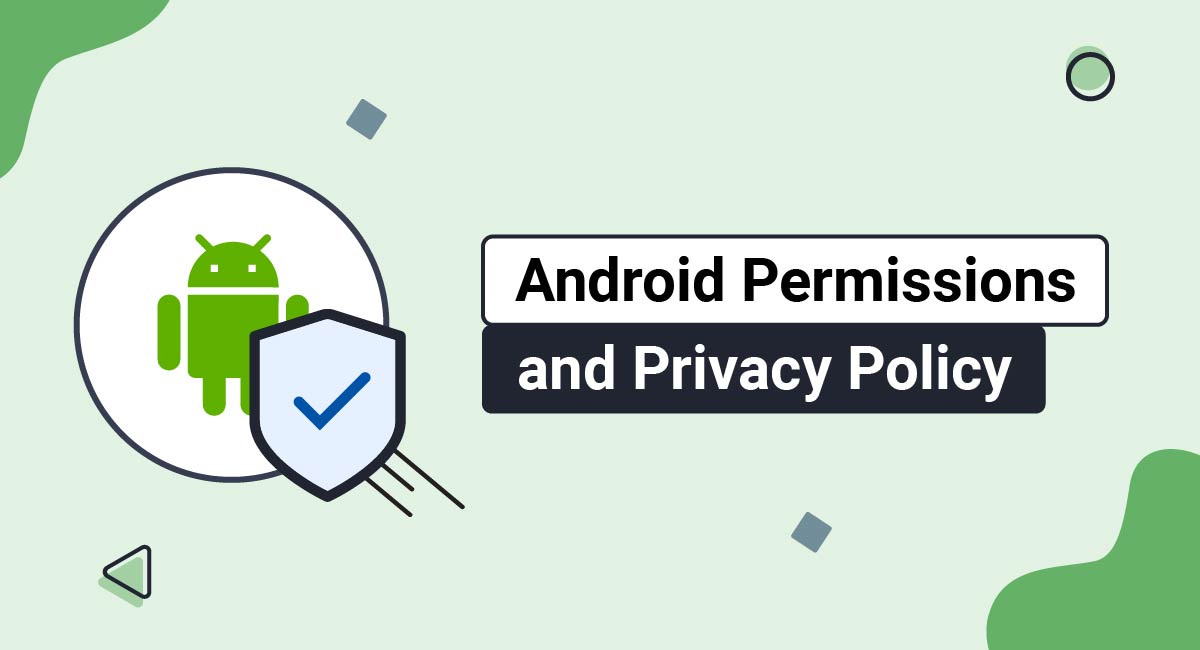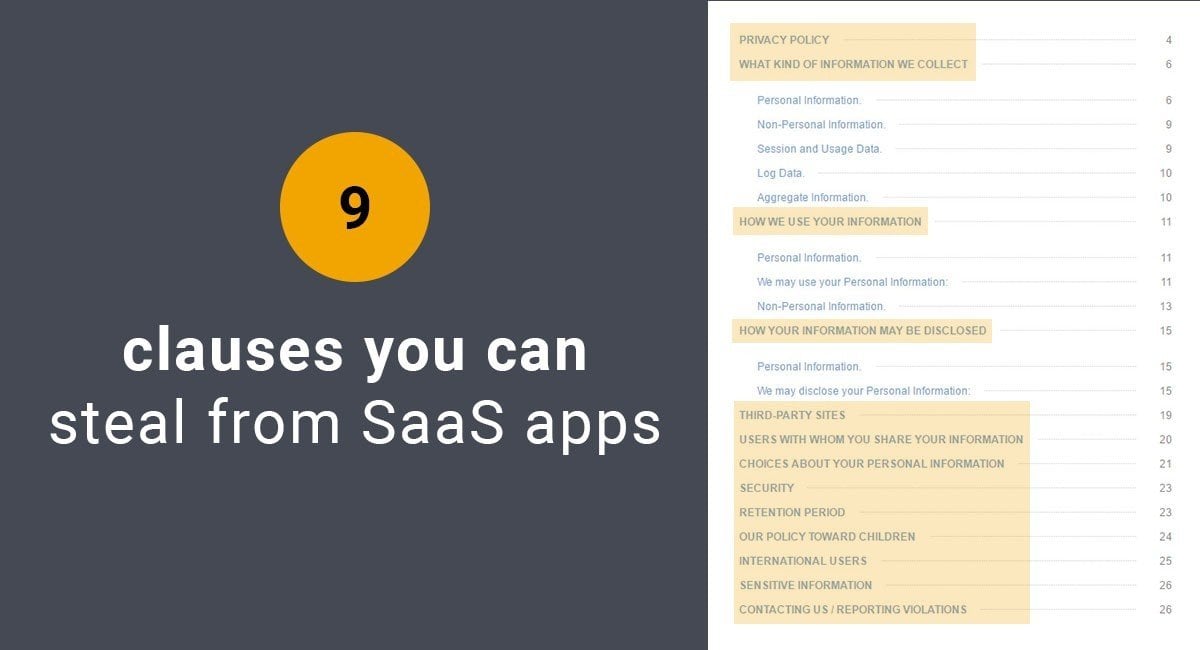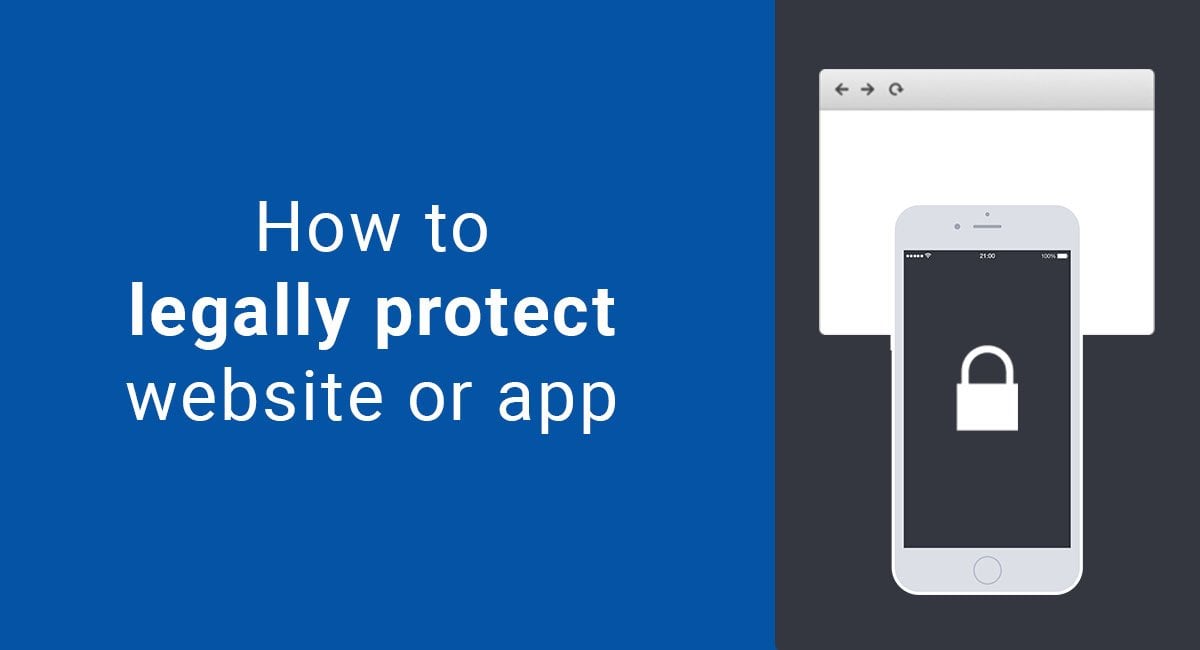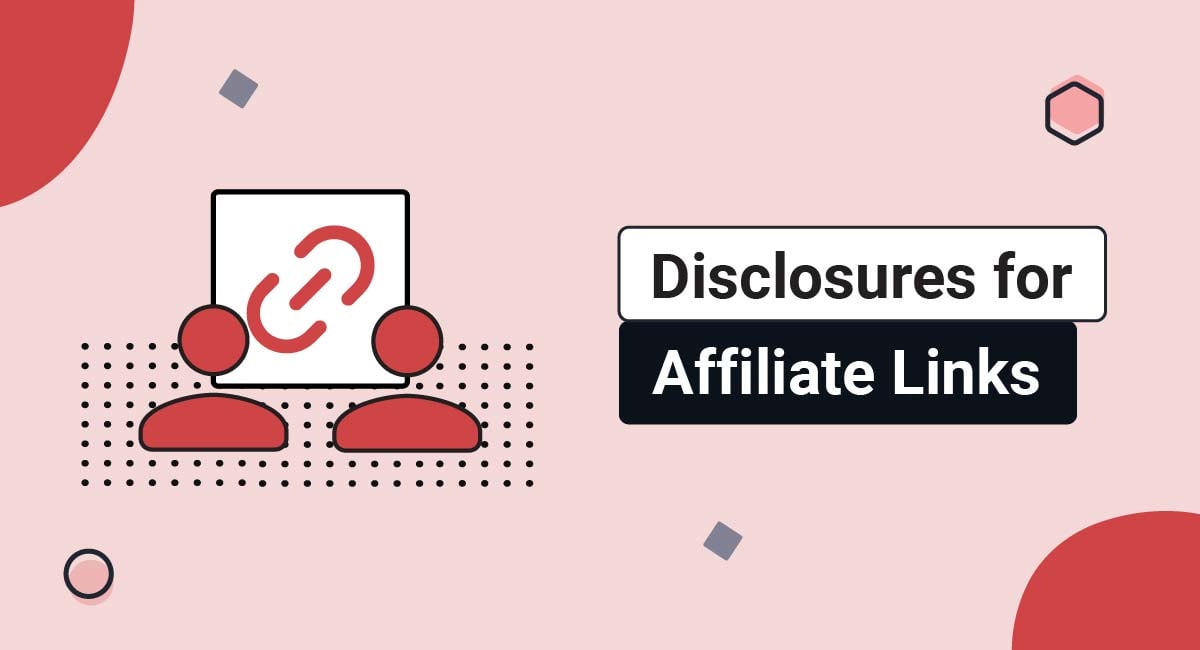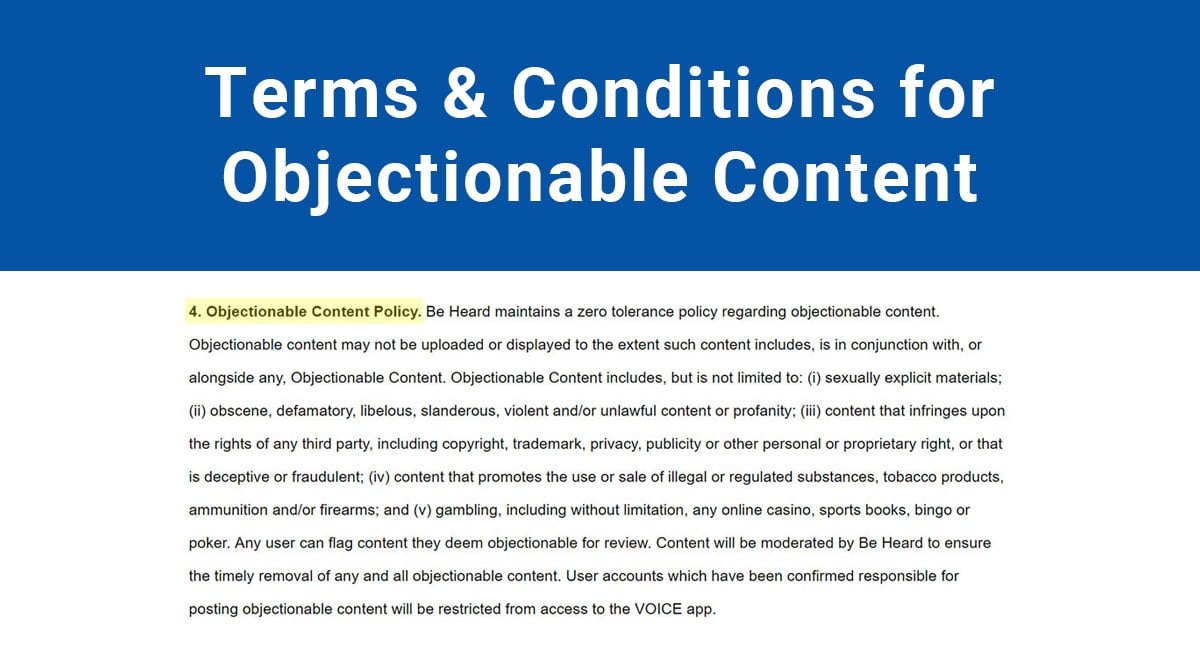
Sara Pegarella - Page 4
Widener University School of Law graduate, Managing Legal Editor at TermsFeed.
Sara graduated from Widener University School of Law in 2010, and has a B.A. in English/writing. After years of technical/legal writing and compliance consulting, she began focusing on editing, and managing teams of writers. She's also a certified Integrative Health Practitioner and health coach. When not finding typos, she's gardening, reading, listening to health and biohacking podcasts, and spending time in nature.
Custom EULA to Meet Apple's Minimum Requirements
While Apple provides a default EULA that you can choose to use for your iOS app, you may prefer to create a custom EULA. If you go this route, your custom EULA must meet 10 requirements. This article will explain what Apple requires, and how to create your own custom EULA...
Android Permissions That Need a Privacy Policy
More likely than not, your Android app is required to have a Privacy Policy. There are three main reasons for this. First, multiple international laws require a Privacy Policy if any user information is collected and used by an app. Secondly, the Google Play Store Distribution Agreement requires all apps available...
9 Clauses You Can Steal From SaaS Apps
Legal agreements are very important for all apps, but perhaps especially so for a SaaS app. These agreements will be where you include information about things like subscription costs, payment terms, user privacy, restrictions on the use of your app, and a range of other topics. SaaS apps operate by providing a...
How to Legally Protect Your Website or App
Creating, owning and operating a website or a mobile app can expose you to a variety of legal risks. These risks include copyright infringements, risks of liability, and unintentional violation of international privacy laws, just to name a few. There are a number of things you can do to legally protect...
Disclosures for Affiliate Links
An affiliate link disclosure is a statement that informs your users about an affiliate relationship you engage in. It lets them know that you are being compensated in some way for your promotion of a company or product via a link. It's legally required in many circumstances. This article will break down...
Terms & Conditions for Objectionable Content
Objectionable content is content that most users would find to be offensive, upsetting, or inappropriate. If you run a website/mobile app that allows user-generated content such as posts, comments and other ways that your users can interact, you're going to want to retain the right to remove any objectionable content that...
